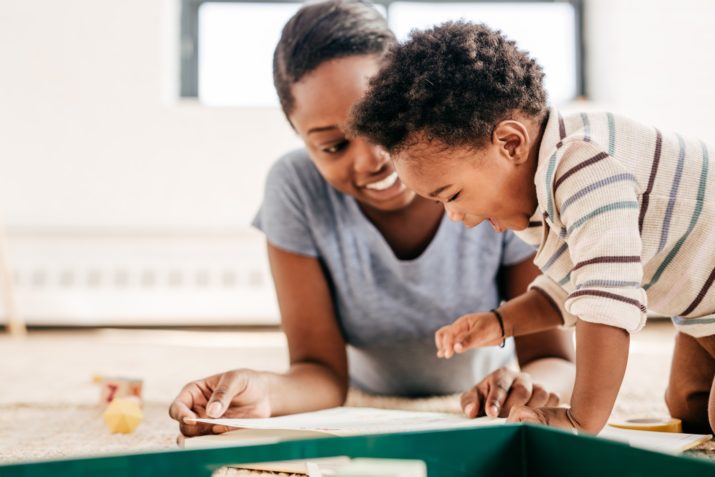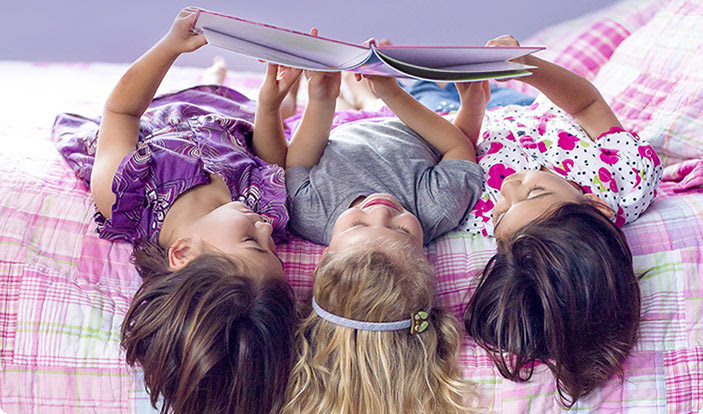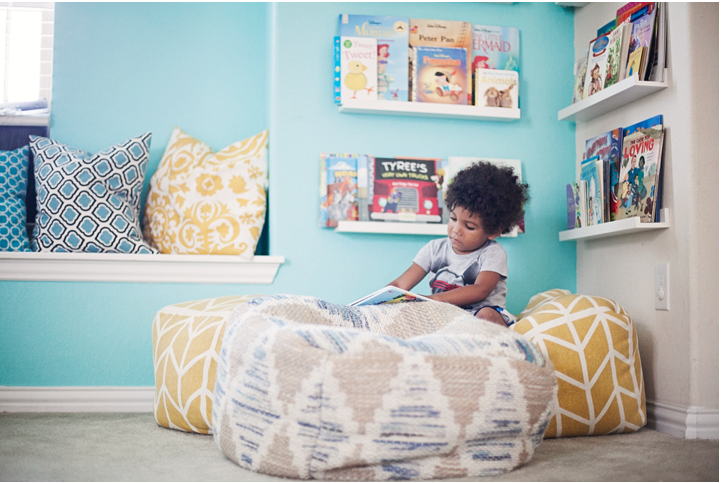
Which side do you support in the battle of e-books vs. real books? For the first time in human history, we have a choice between two very different types of reading. E-books offer some advantages, but the benefits of real books can’t be ignored. Which is better for your child?
E-Books vs. Real Books: The Science
E-books are certainly increasing in popularity. Approximately 27 percent of Americans read an e-book in 2015, and younger students express a preference for e-books. On the e-books side are factors such as convenience, cost, and the ability to carry an entire library in one slender e-reader. Arrayed against the e-book are claims readers retain less information, are less involved with the text, and even that e-reading makes people dumber.
So what does the science say? A 2015 study from Norway cites the benefits of real books. The study revealed students who read information from real books had better reading comprehension than those who used e-readers.
Were this a consistent result, the debate about e-books vs. real books could be put to bed. Things aren’t that simple, however. Another study suggests attitude plays an important role in reading comprehension—in this study, readers who expressed a preference for e-readers scored as high on reading comprehension as those who read real books.
Different Ways of Reading
The e-books vs. real books argument has revealed we absorb information differently when reading from e-books. E-book readers adopt an F-shaped reading pattern, scanning the page in an “F-shape” to catch the main points of the text. This makes reading on the internet easier, but reduces how much information we absorb.
Reading from real books, however, is a more tactile experience. The feel of paper in our hands and the act of turning pages stimulate the memory, making it easier to retain information. If you want quick information, read an e-book. If you want a deep, meaningful read, a real book remains your best choice.
Benefits of Real Books for Children
While younger readers tend to prefer e-books, real books have too many benefits to ignore. Cultivating a love of real books in your child helps:
· Expose children to new information, knowledge, and vocabulary
· Reduce stress (a Sussex University study reported reading real books reduced stress by up to 68 percent)
· Improve memory function
· Develop academic skills
· Increase empathy by helping the child read the thoughts behind emotional reactions.
In one area, real books should always be used: bedtime stories. When stories like Goodnight Little Me become part of children’s bedtime ritual, they relax and calm children, promoting sleep.
E-books have the opposite effect. The light from an e-reader screen disrupts the body’s production of melatonin, a hormone that causes sleepiness. The effect of reading an e-book before bedtime also reduces alertness the next day.
So, e-books or real books? Your child should be able to read both, but at early ages, real books will have a greater impact on his or her reading ability.





